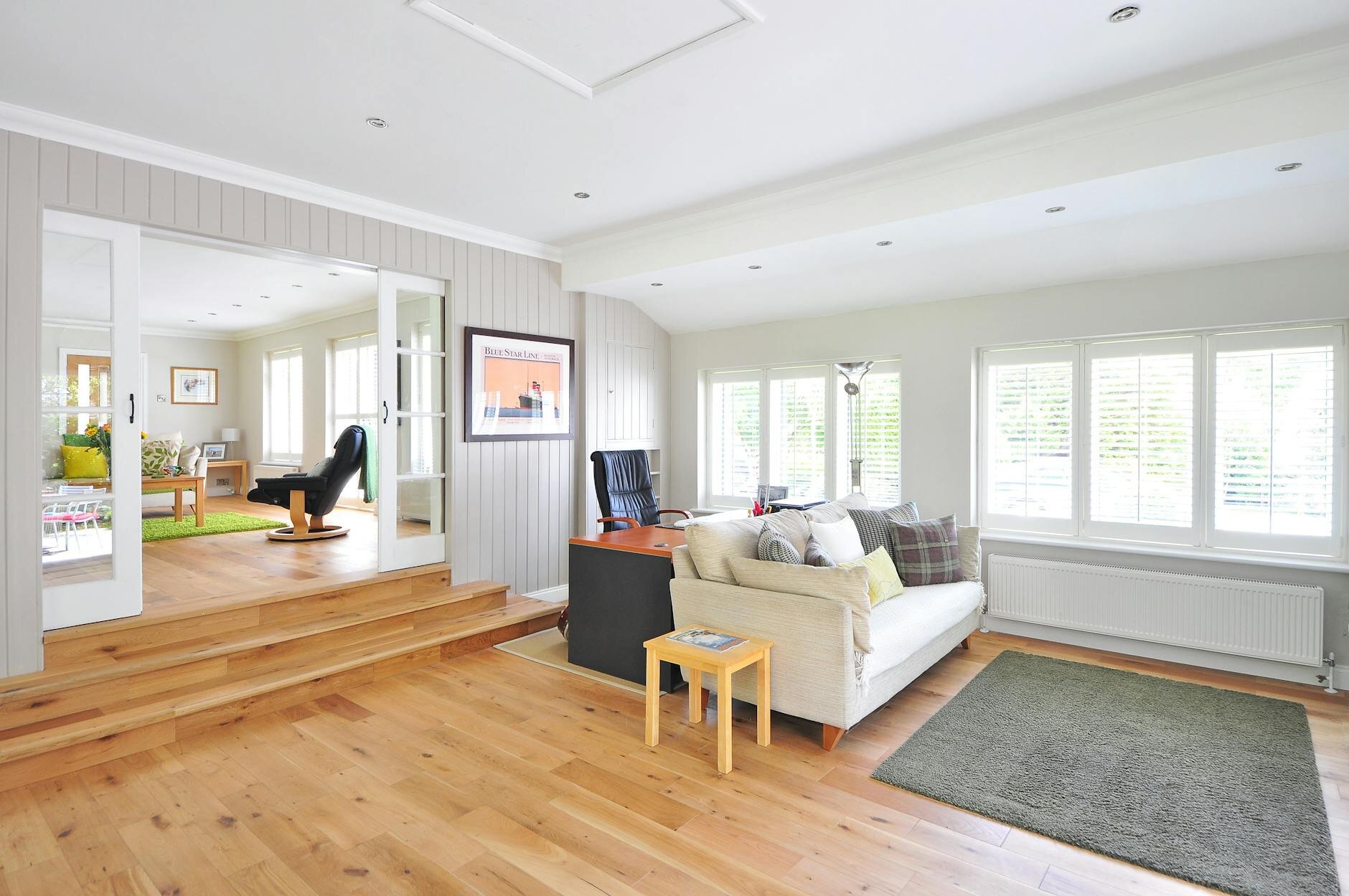What to Look for in New Home Windows
Choosing the right windows for your home is a significant investment that can affect your home's energy efficiency, aesthetics, and overall comfort. This comprehensive guide will cover essential aspects to consider, including window ratings for different temperate zones, costs, single vs. double-hung windows, and how to choose the best window installer or company.

Understanding Window Ratings and Energy Efficiency
Energy efficiency is a critical factor in selecting new windows. Efficient windows can reduce energy bills, enhance comfort, and increase your home's value. Here are the key ratings to understand:
- U-Factor: Measures the window's insulation ability. Lower U-Factor values indicate better insulation, which is crucial for colder climates.
- Solar Heat Gain Coefficient (SHGC): Indicates how much solar radiation is admitted through the window. Lower SHGC values are better for hot climates to minimize cooling costs.
- Visible Transmittance (VT): Measures the amount of light that passes through the window. Higher VT values mean more natural light.
- Air Leakage (AL): Refers to the rate at which air passes through the joints of a window. Lower AL values are preferable for minimizing drafts and energy loss.
Best Window Ratings for Each Temperate Zone
Cold Climates (e.g., Northern U.S., Canada):
- Low U-Factor (≤ 0.30)
- Moderate SHGC (≥ 0.40) to allow passive solar heating
- High VT (≥ 0.50) for natural light
- Low AL
Moderate Climates (e.g., Central U.S.):
- Moderate U-Factor (≤ 0.32)
- Balanced SHGC (around 0.35) to balance heating and cooling needs
- High VT for natural light
- Low AL
Hot Climates (e.g., Southern U.S.):
- Low U-Factor (≤ 0.32)
- Low SHGC (≤ 0.25) to reduce cooling costs
- High VT for natural light
- Low AL
Costs of New Windows
The cost of new windows varies widely based on material, style, and energy efficiency features. Here’s a rough estimate:
- Vinyl Windows: $300 - $700 per window
- Wood Windows: $800 - $1,200 per window
- Fiberglass Windows: $600 - $900 per window
- Composite Windows: $800 - $1,300 per window
Keep in mind that custom sizes, additional features (e.g., impact-resistant glass), and professional installation can increase these costs:
Single vs. Double-Hung Windows
Choosing between single-hung and double-hung windows depends on several factors including budget, ventilation needs, and maintenance preferences.
Single-Hung Windows:
- Design: Only the bottom sash moves.
- Cost: Typically less expensive.
- Energy Efficiency: Slightly more efficient due to fewer moving parts.
- Ventilation: Limited ventilation options.
- Maintenance: Easier to install but harder to clean from the inside.
Double-Hung Windows:
- Design: Both top and bottom sashes can move.
- Cost: More expensive.
- Energy Efficiency: Slightly less efficient due to more moving parts.
- Ventilation: Better ventilation control.
- Maintenance: Easier to clean from the inside as both sashes tilt in.
Choosing a Window Installer or Company
Selecting a reputable window installer or company is crucial for ensuring quality installation and service. Here are some tips:
- Research and Reviews: Look for companies with positive reviews and ratings on platforms like Yelp, Google, and the Better Business Bureau.
- Experience and Expertise: Choose installers with significant experience and specialized expertise in the type of windows you're installing.
- Certifications and Licenses: Verify that the installer is licensed and certified by relevant industry bodies, such as the American Window and Door Institute (AWDI) or the InstallationMasters program.
- Warranty and Service: Ensure the company offers a solid warranty on both the windows and the installation work.
- Detailed Estimates: Obtain detailed, written estimates from multiple companies. The estimate should include costs for materials, labor, and any additional services.
- References: Ask for and check references to gauge past customer satisfaction and the quality of work.
- Local Knowledge: Choose a local company familiar with the climate and building codes in your area.
Conclusion
Selecting the right windows for your home involves understanding energy efficiency ratings, evaluating costs, and choosing the appropriate window style. Additionally, selecting a reputable installer is vital for ensuring the longevity and performance of your new windows. By considering these factors, you can make an informed decision that enhances your home’s comfort, energy efficiency, and value.
Investing time in research and choosing quality products and services will pay off in the long run, providing you with beautiful, efficient, and functional windows for years to come.
The information is provided for educational and informational purposes only. Such information or materials do not constitute and are not intended to provide legal, accounting, or tax advice and should not be relied on in that respect. We suggest that You consult an attorney, accountant, and/or financial advisor to answer any financial or legal questions.
Featured Articles
What is a Personal Loan?
Personal loans, a popular financial tool, offer individuals access to funds with or without collateral. These loans, provided by banks or online lenders, cater to diverse needs like debt consolidation, home improvements, or unexpected expenses and do not require any collateral. Borrowers receive a lump sum and repay in fixed monthly installments over a specified term, typically ranging from one to seven years. Interest rates, based on creditworthiness, can be fixed or variable, impacting the total repayment amount. While they provide financial flexibility, understanding terms, fees, and the impact on credit is crucial for responsible borrowing and effective financial management.
How Much Does Window Replacement Cost?
The cost of window replacement can vary significantly depending on factors such as the type of windows, materials chosen, size and style of windows, glass options, and the complexity of the installation.
Do You Need a Permit to Replace Your Home's Windows?
Replacing your home’s old windows can significantly enhance your home’s energy efficiency, aesthetic appeal, and overall comfort. Yet, before you set this plan into motion, a pivotal question looms: Is a permit necessary for replacing your windows?








